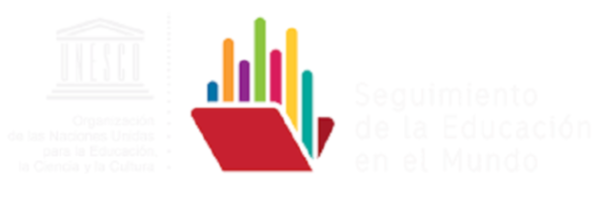UNESCO
View the policy paper Aid to education is stagnating and not going to countries most in need
Policy Paper May 2017
Aid to education is stagnating and not going to countries most in need
Domestic expenditures in low and lower middle income countries cannot cover the costs of reaching Sustainable Development Goal 4 (SDG 4), and so aid must make up the shortfall. But aid to education has been stagnant since 2010, and the aid that is given often does not go to the countries most in need, worsening the prospects for achieving global education goals.
The governments of low and lower middle income countries have increased their spending on education since 2000 (UNESCO, 2015a). Even if they continue to do so in coming years, the Global Education Monitoring Report estimated that these countries would face an annual financing gap of US$39 billion in 2015–2030. In low income countries, this is equivalent to 42% of the total cost of providing quality pre-primary, primary and secondary education to all children (UNESCO, 2015b). Aid to education in low and lower middle income countries needs to be six times higher than 2012 levels, an estimate confirmed by the International Commission on Financing Global Education Opportunity (Education Commission, 2016). But instead, donors continue to place a lower priority on aid to education.
This paper analyses current levels and trends of aid to education using data from three sources: the Organisation for Economic Co-operation and Development (OECD) Development Assistance Committee (DAC) and its Creditor Reporting System (CRS) database; the Global Partnership for Education (GPE), which has just launched its 2020 replenishment effort; and the United Nations Office for the Coordination of Humanitarian Assistance (OCHA).
The most recent data is mainly from 2015, which should serve as a benchmark for monitoring progress during the implementation of the 2030 Agenda for Sustainable Development.
UNESCO Documento político sobre ayuda educación
Fuente: https://es.unesco.org/gem-report/recursos-de-los-medios-sociales-del-documento-pol%C3%ADtico-para-la-ayuda-la-educaci%C3%B3n






 Users Today : 60
Users Today : 60 Total Users : 35459966
Total Users : 35459966 Views Today : 75
Views Today : 75 Total views : 3418540
Total views : 3418540